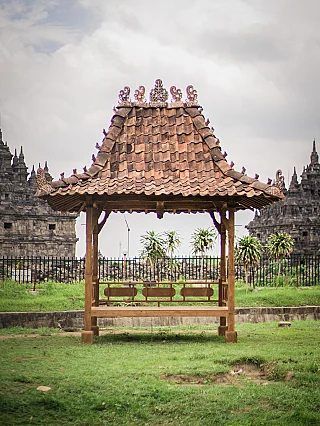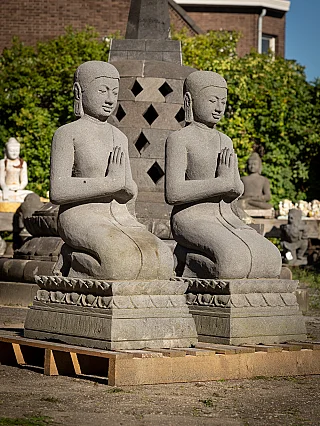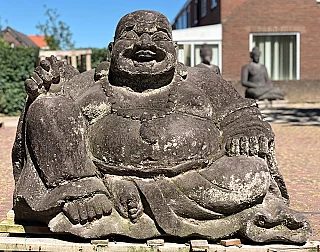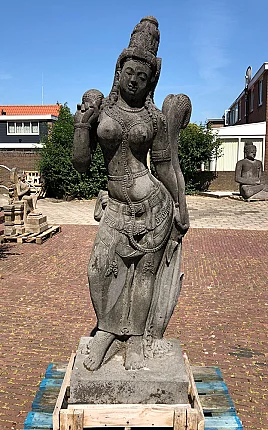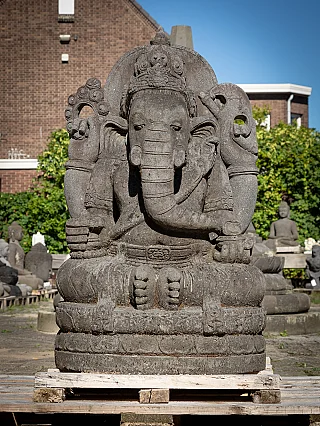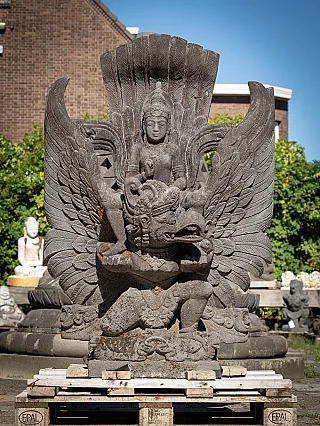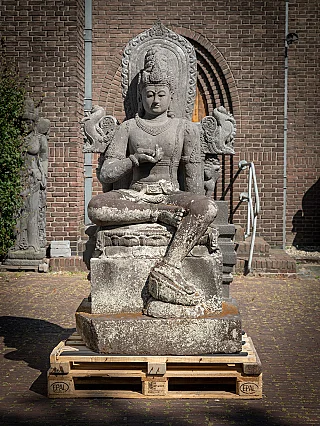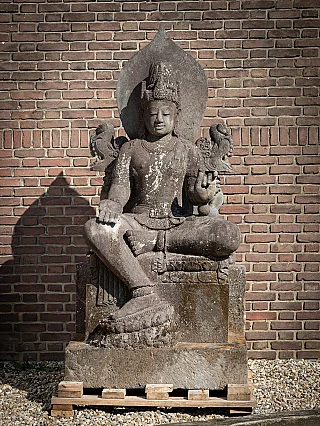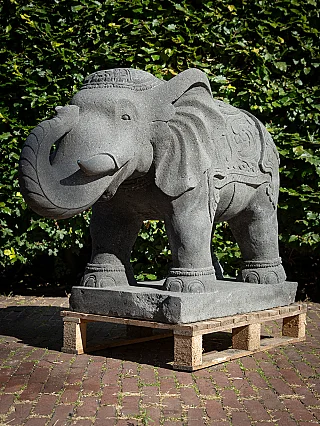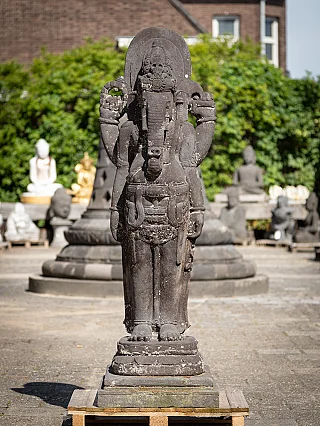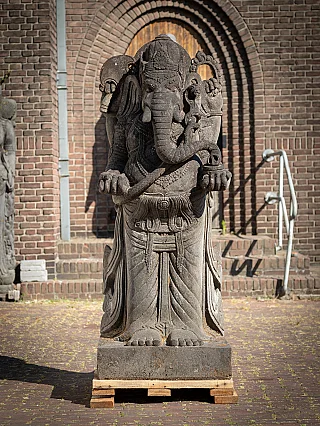Borobudur in Indonesia
Author : Peter Vredeveld

The Borobudur is the most famous Buddhist monument in Indonesia
Indonesia has been widely known as a country with countless precious Buddhist artifacts and temples worldwide. Among countless temples, Borobudur has been one of the most famous Buddhist monuments and one of the most significant Buddhist cultural heritage. Dating from the 8th and 9th centuries, this massive Buddhist temple is in central Java, Indonesia. This extraordinary Buddhist temple was built in three tiers, the first consisting of a pyramid base along with five concentric square terraces, the second tier with the trunk of a cone with three circular platforms, and a stupa at the final tier at the top. This monumental Buddhist temple is regarded as the region of origin of Mahayana Buddhism in Magelang, central Java. The artistic representation of Buddhist values and stories depicted in the grandeur and complexity of Borobudur will leave any Buddhist tourist or follower spellbound as the temple's architecture conveys the message of tradition followed in ancient times.
Restored with the help of UNESCO in the 70s, the temple was buried under volcanic ash till it was discovered in 1815. The temple covers an astonishing surface area of 2500 square meters. The walls and balustrades are well decorated with fine low reliefs, while around 72 openwork stupas are around the circular monument. The temple's architecture and stonework are unique, given that this temple was built without using any cement or mortar.
Borobudur temple compound is the holy representation of Lord Buddha. However, the monument was built when Indian pilgrims spread Buddhism and Hinduism teachings all over Asia, which did not leave Indonesia edifying. The glorious dynasties of central Java seemingly built diverse, religiously significant architectures around the whole country. It is noteworthy that Buddhism and Hinduism are found to be living together harmoniously beside each other across central Java.
Borobudur Temple History

There is no actual evidence proving the real existence of Borobudur and the deliberated purpose of its construction. The temple's establishment is approximately evaluated from the inscription carved on the temple's hidden foot. Prevailing confusion is whether the temple was built during the predominant period of Buddhists or Hindus. What was the real intention for building such an incredible art, history, and religion masterpiece? Though the Sailendra dynasty is believed to be fervent of Buddhism, the carved scripts suggest they might have been Hindus. Borobudur was erected during the same period when Prambana was constructed. Many recognized Buddhist and Hindu monuments were built in Indonesia during that period. The mountains of Kedu Plain are a holy place consisting of various pilgrimage sites.
Rediscovery of Borobudur Temple
The Borobudur lay hidden for a long time due to volcanic ash and thick forest for years. The fact of its existence was a mystery before the reign of the British in Indonesia. When the British appointed Lieutenant Thomas Stamford, Raffles took an interest in Java's history. During an inspection, he was informed about a significant monument deep in the jungle. Later, he appointed an engineer to discover the facts about rumors. Under his surveillance, the lieutenant ordered 200 men to cut down the vegetation and dig deep inside.
Meanwhile, they successfully discovered the hidden treasure Borobudur temple in central Java. The monument is said to be built during the sovereign of the Sailendra dynasty. The temple has six different square levels topped by three circular platforms and is furbished with 2672 relief panels and 504 Buddha statues. A central dome is situated at the center of the top platform, where 72 seated Buddha statues are placed around the center stupa periphery. Indonesia's indigenous cult built this temple to spread the Buddhist concept of salvation. Some believe that the Borobudur temple is the gigantic textbook of Buddhism whose bas-reliefs have all the inscriptions about Buddha's life and principles Gautama spread to attain enlightenment.
Share this page


















